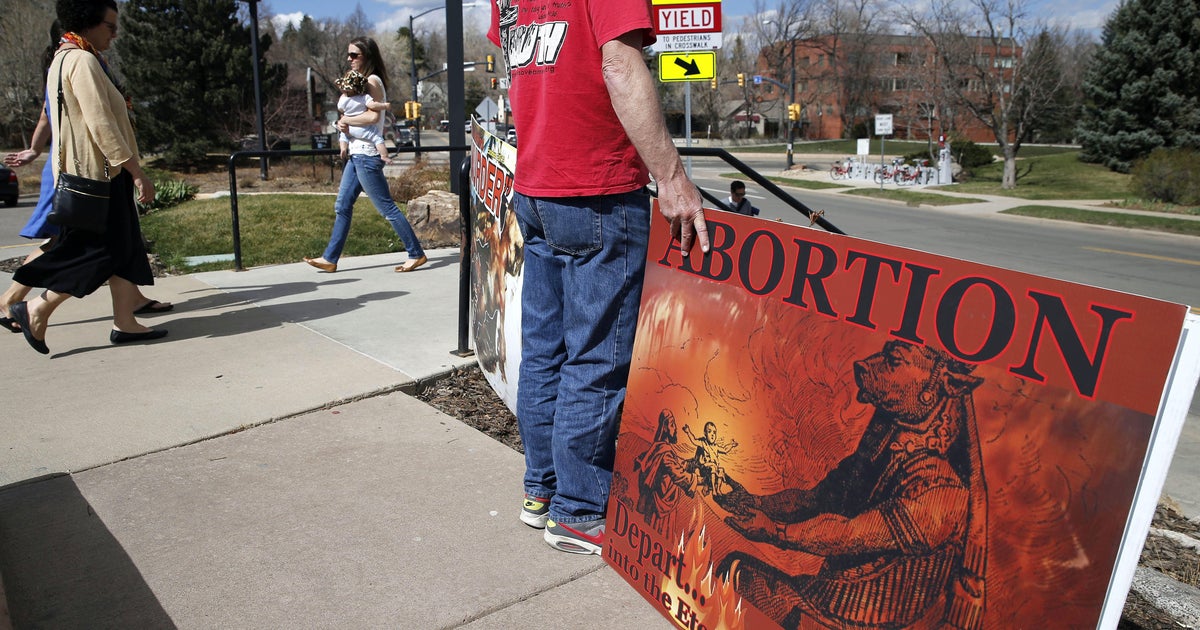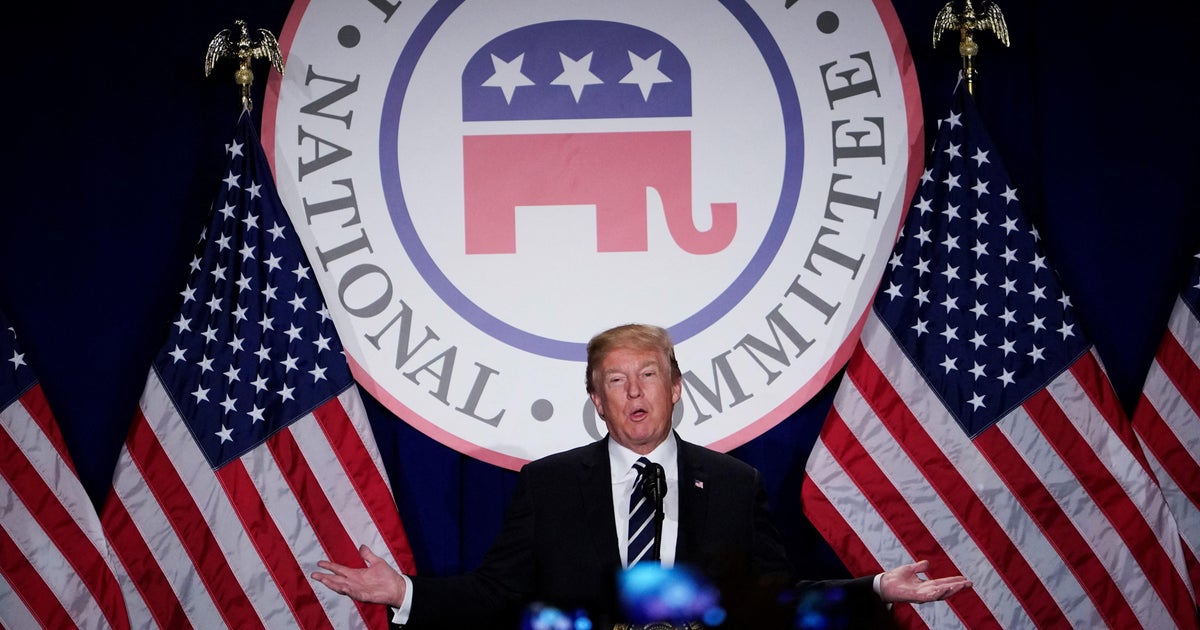Transcript: Neel Kashkari on

The following is a transcript of an interview with Neel Kashkari, president of the Federal Reserve Bank of Minneapolis, that aired on “Face the Nation” on Sunday, March 26, 2023.
MARGARET BRENNAN: We go now to the president of the Federal Reserve Bank of Minneapolis, Neel Kashkari, who joins us this morning from Minnesota. Good morning to you.
NEEL KASHKARI: Good morning, Margaret.
MARGARET BRENNAN: How stable is the U.S. banking system right now, from your perspective? And are you confident that the risk level we saw out in California and in New York with these failed banks doesn’t exist elsewhere in the country?
NEEL KASHKARI: The banking system is resilient, and it’s sound. The banking system has a strong capital position and a lot of liquidity and has the full support of the Federal Reserve and other regulators standing behind it. Now, I’m not saying that all of the stresses are behind us, I expect this process will take some time. But fundamentally, the banking system is sound,
MARGARET BRENNAN: This process? What do you mean by that?
NEEL KASHKARI: Well, when-when tensions flare up in the banking system and stresses emerge, we often hope that they will be resolved very, very quickly. Sometimes it takes longer for all the stresses to work their way out of the system. So we know that there are other banks that have some exposure to long-dated treasury bonds, who have some duration risk, as they call it on their books. We also know that commercial real estate, there are a lot of commercial real estate assets in the banking sector. And there are some losses that will probably work its way through the banking sector. So that process will take time to fully become clear. But fundamentally, the banking system has a lot of capital to be able to withstand those pressures.
MARGARET BRENNAN: And you mentioned commercial real estate, because so many of these mid-size banks are lenders in that space. So that could impact construction, in other words. This could have a real impact on the economy, does it tip us towards recession?
NEEL KASHKARI: Well, it definitely brings us closer right now, what’s unclear for us is how much of these banking stresses are leading to a widespread credit crunch. And then that credit crunch, you’re right, just as you said, would then slow down the economy. This is something we are monitoring very, very closely. Now, on one hand, such strains could then bring down inflation. So we have to do less work with the federal funds rate to bring the economy into balance. But right now, it’s unclear how much of an imprint these banking stresses are going to have on the economy. But it’s something to watch very carefully. And that’s what we’re focused on.
MARGARET BRENNAN: And Chairman Powell said as much this past week at the Federal Reserve, that that tightening and credit might be doing your work for you in terms of slowing down the economy. Does that mean it would make Neel Kashkari hit the brake on rate hikes at your next meeting?
NEEL KASHKARI: Well, we have to see, you know, right now, the stresses are only a couple of weeks old. There are some concerning signs, the positive sign is deposit outflows seem to have slowed down. Some confidence is being restored among smaller and regional banks. At the same time, we’ve seen the capital markets have largely been closed for the past two weeks. If those capital markets remain closed, because borrowers and lenders remain nervous, then that would tell me okay, this is probably going to have a bigger impact on the economy. So it’s too soon to make any forecasts about the next interest rate meeting that we have, the next FOMC meeting. But these are the factors that are going to be most focused on.
MARGARET BRENNAN: You know, when it comes to confidence among Americans in the system. Right now, CBS News just recently did a poll and only 15% of people polled by us said they had a lot of confidence in the Federal Reserve’s ability to manage these bank issues. Why should the public trust the Fed now, when this risk to banks was missed out in San Francisco in New York, and when the Fed was late to the game on catching up with inflation?
NEEL KASHKARI: You know, the COVID Pan-pandemic has thrown some curveballs at us that none of us have experienced in any of our lifetimes. And it has taken us time to catch up and figure out exactly where the economy is headed. The interest rate risks that brought down Silicon Valley Bank is something that we’ve all been very focused on. We’ve been communicating it to banks all across the country for the last couple of years that interest rates are going up. And most banks have done a much better job of managing their risks in advance of those interest rates going up. And so there’s still uncertainty in the economy, there are still stresses, you have a group of people at the Federal Reserve who are totally committed to our mandates, too-committed to achieving the public service responsibilities that we have. And we’re going to continue to let the data and the evidence guide us. And that is the best reassurance that I can give is that a lot of-a group of people are nonpartisan, focused on doing their very best on behalf of the American economy and American households.
MARGARET BRENNAN: Well we’re about to see the first hearing on Capitol Hill this week about what just happened. But there were flashing warning signs-warning signs out there at SVB bank, the Silicon Valley Bank in the months leading up to its failure on this program, just earlier today, Senator Warner of Virginia who’s on the Banking Committee said the regulators missed basic banking 101 The interest rate mismatch, how could that risk have been so missed by the regulators at the Federal Reserve in Washington and in San Francisco?
NEEL KASHKARI: Well, I don’t know any specifics about the SVB case, because they’re not regulated by the Minneapolis Fed. And I know, Vice Chair Barr is conducting a rigorous review to understand exactly what happened. It has been publicly reported that the Federal Reserve did take action specific to SVB. To get them to address these exposures. I don’t know more than that. And I’m looking forward to Michael Barr’s review. And his findings, which we’re all going to take very seriously. I can tell you at the Minneapolis Fed, we have conversations with our bank supervisors, and then with the banks about these risks all the time, doesn’t mean that we’re not going to make mistakes, doesn’t mean that we are perfect. But I know across the federal reserve that bank supervisors have been focused on these very exposures since before the interest rate increases even began last year.
MARGARET BRENNAN: Well, just on this program last week, Senator Warren says she doesn’t have confidence in Mary Daly, the San Francisco Fed President, do you?
NEEL KASHKARI: I do. I know Mary Daly exceptionally well. I’ve worked closely with her for the last several years. She’s an outstanding public servant, committed to helping all of us fulfill our mission for the public. Nonetheless, we have to look at the findings that Vice Chair Barr comes out with, take those findings very seriously and potentially make changes based on those findings. But I know that Mary Daly and all of my colleagues at the Federal Reserve are doing our very best.
MARGARET BRENNAN: So you have experience in banking crisis from your work back in with TARP, the rescue program in 2008. I wonder what you think now, do you think there needs to be more regulation should deposit insurance on accounts about $250,000 be raised? And should those rollbacks from 2018 be reinstated in terms of regulation of mid-sized banks?
NEEL KASHKARI: Well, we have fundamental issues, regulatory issues facing our banking system. I have argued for years that the biggest banks in the world are still too big to fail. This question is now beyond doubt. Right? The reason that deposits are flowing to the big banks, the reason that Credit Suisse was bailed out by the Swiss government is because banks have this premium position, and it’s unfair. It’s an unfair playing field that puts enormous pressure on regional banks and community banks, and that needs to be addressed. We need regional banks in America, we need community banks in America. So we- once we get through this stress period, we have to come up with a regulatory system that both ensures the soundness of our banking system, but it’s also fair and even so the community banks and regional banks can thrive. We do not have that today.
MARGARET BRENNAN: Neel Kashkari, I look forward to talking to you again about this. We’re going to have to leave it there. And we’ll be back in a moment.
World News || Latest News || U.S. News
Source link



